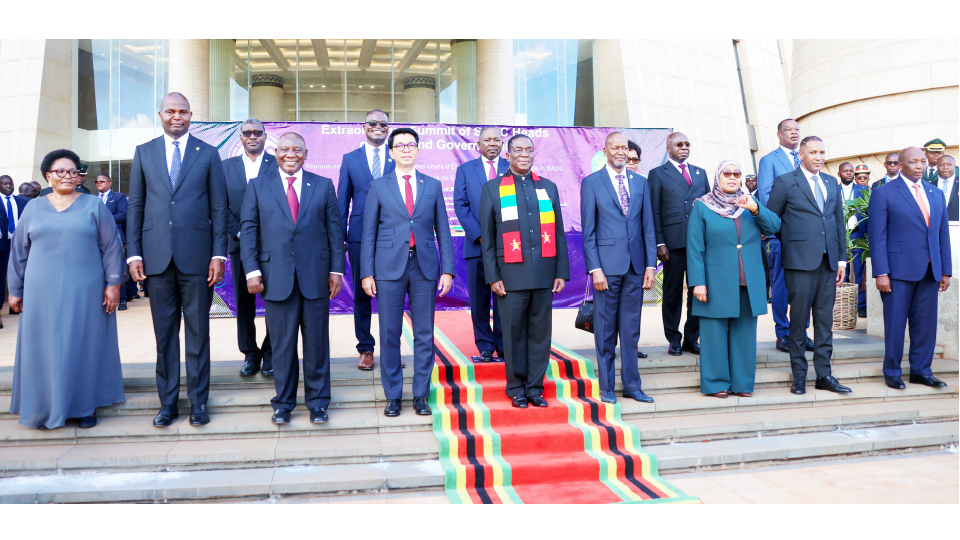
Business Reporter
Schweppes Holdings Africa has indicated that prices of its sugary beverages are unlikely to go down despite the sugar tax reduction, citing significant cost pressures such as rising fruit and sugar prices.
In the 2025 National Budget, Finance, Economic Development and Investment Promotion Professor Mthuli Ncube reduced the special surtax on beverages’ sugar content for cordials from US$0,001 to US$0,0005 per gramme, with effect from January 1.
The tax has impacted demand, contributing to a 27 percent volume decline for Schweppes in the third quarter ending December 31, 2024, and a 17 percent decline over the nine-month period, according to a latest trading update by Delta Corporation, a major shareholder in the company.
“The reduction in the sugar tax from January 2025 is a welcome development although there are significant cost pressures such as the rising juicing fruit and sugar prices which limit the opportunity to moderate retail prices,” said Delta Corporation company Secretary Ms Faith Musinga.
Delta also reported a 10 to 33 percent price increase, which slowed demand across various categories.
The sugar tax made local products more expensive, leading to increased imports of cheaper alternatives.
Schweppes in particular reported a surge in informal imports of the flagship Mazoe Orange Crush from regional markets mainly Zambia.
Last year, the Government introduced a special surtax on added sugar contained in specified beverages.
The tax is applied uniformly on both ready to drink and cordials or concentrated beverages.
The beverage sector initially faced a tax of US$0,02 per gramme before it was reduced to US$0,001 following an outcry by industry.
Delta said the sugar tax accessed for the period from February to December 2024 was US$31,2 million, covering both sparkling beverages and cordials.
By making sugary drinks more expensive, the Government hopes to discourage consumption of these beverages.
High sugar intake is linked to various health problems, including obesity, type two diabetes, and heart disease.
The tax aims to reduce these health risks and promote healthier dietary choices.
The funds collected from the sugar tax are earmarked for the healthcare sector, specifically for cancer treatment and equipment procurement.










